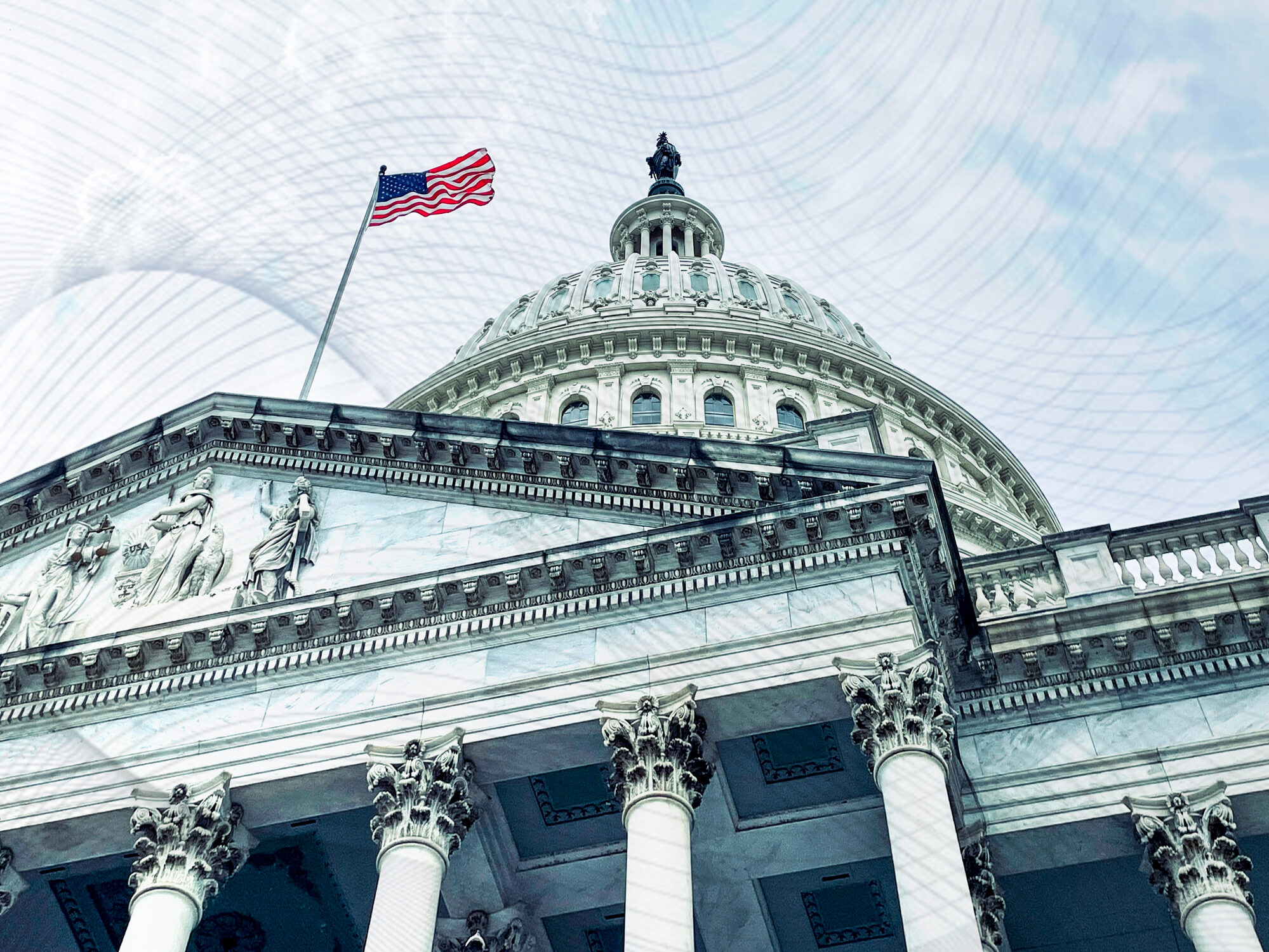
ICYMI: Tax Expert: “State’s Blacklisting Over Oil is Costing Working Texans”
Sep 26, 2024
In case you missed it, John W. Diamond, Ph.D., director of the Center for Public Finance at Rice University’s Baker Institute for Public Policy, penned an op-ed for Galveston County Daily News highlighting the financial losses Texas will face if its state lawmakers continue to push the world’s largest financial institutions out of the bond market – making it more difficult for local governments to finance public projects that benefit Texans..
Explaining how current policies surrounding the bond market are harming taxpayers, Diamond writes:
“In particular, the tightening of the municipal bond market due to fewer banks available to finance taxpayer-approved roads, bridges, schools, utilities and other critical infrastructure has resulted in higher interest rates, which increases local debt payments and, ultimately, hits taxpayers where it hurts the most — their wallets.”
He continues:
“The move to ‘blacklist’ certain companies from doing business in Texas — namely, the world’s largest financial institutions — has far-reaching implications… While the notion that banks funding fossil fuels with $6.9 trillion in financing are somehow boycotting the oil and gas industry is unrealistic.”
“Consider the fact that financial giants like UBS, Citigroup, and Barclays have all exited the municipal bond market since 2021, when the Legislature passed laws prohibiting banks from underwriting municipal bonds if they are deemed to boycott specific industries, including fossil fuels. At the same time, environmentalist groups have named these same banks among the ‘Dirty Dozen’ of the world’s top banks financing the fossil fuel industry.”
Recent studies show the substantial hits Texas’ economy is taking since lawmakers began barring big banks from doing business in the state, including a study by the Perryman group, which placed a $760 million price tag on the policies after just one year in effect.
Diamond goes on to discuss how shutting big banks out is antithetical to the principles Texans believe define the state, urging policymakers focus on solutions that ensure the fossil fuel industry remains dominant while protecting taxpayers from higher debt costs, Diamond concludes:
“To avoid sticking Texans with higher bills, we must ensure our local governments have a robust, competitive market in which financial institutions compete to provide the lowest cost for financing the projects approved by taxpayers.”
To read the full op-ed in Galveston County Daily News, click here.
###

